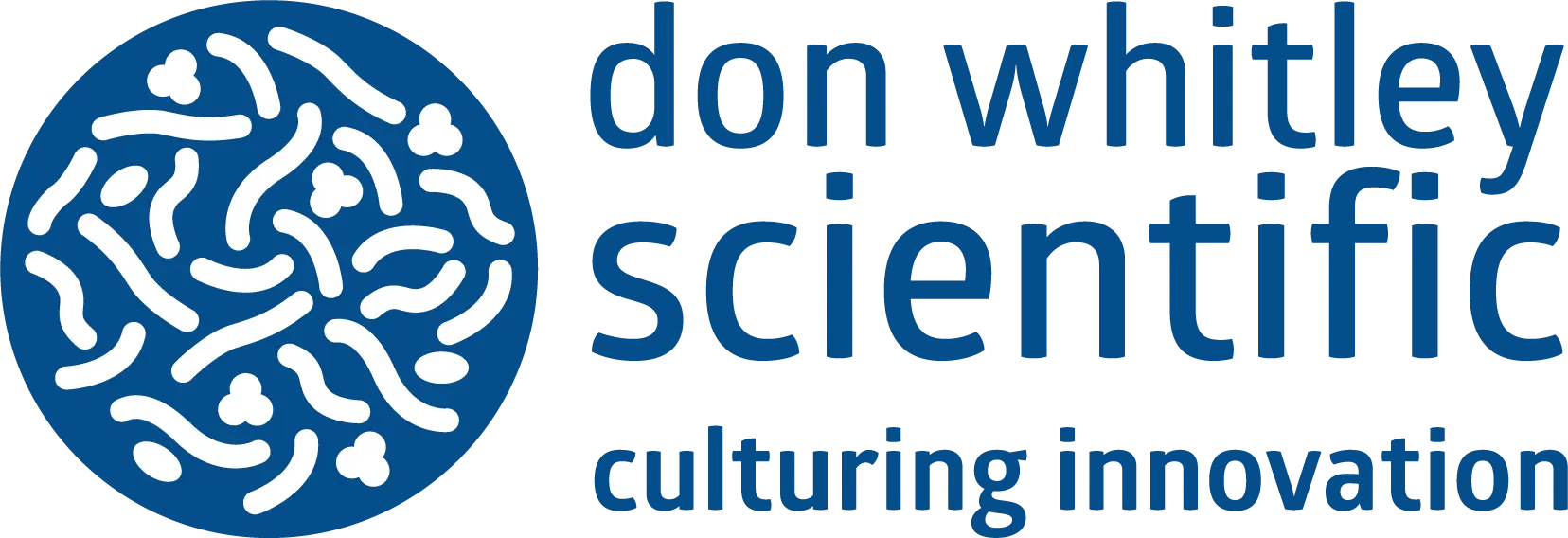
Efficient energy production is primarily driven by oxygen and is crucial in the brain, which consumes 20% of the body’s total energy whilst weighing only 2% of the total body weight. Loss of oxygen in the brain (hypoxia) can result in brain damage, which can contribute to dementia including Alzheimer’s disease (AD) and can influence amyotrophic lateral sclerosis (ALS, commonly known as motor neuron disease) disease mechanisms. Those mechanisms are often poorly understood, however, the cellular consequence of hypoxia including disruptions to energy supply are often observed in the brains of patients with these neurodegenerative disorders. The ability to model a hypoxic environment and study the effects on AD and ALS in the laboratory has historically been limited by the lack of available technology.
The SITraN laboratory takes the gold standard approach for measuring the effect of hypoxia on energy generating pathways in cells by using an XF metabolic bioanalyser (which measures energy generation in a non-invasive manner in cells, Seahorse Bioscience/Agilent), housed within an i2 Instrument Workstation and H35 HEPA Hypoxystation. The i2 chamber has been designed specifically to house and run metabolic flux assays using the XF bioanalyser in a hypoxic environment. The H35 section of the chamber is HEPA filtered and gas, temperature and humidity controlled allowing us to perform cell manipulation on our ALS and AD cell models.
Using this novel combination of technologies – SITraN aims to measure how hypoxia affects the energy generating pathways in brain cells. Their novel approach will allow the identification of the pathways involved in the cell response to hypoxia, which lead to energy disruption in patients with AD and ALS and will allow therapeutic hypoxic markers of disease to be identified for future clinical studies.
Article provided by Dr Scott Allen, Sheffield Institute for Translational Neuroscience (SITraN), University of Sheffield.
Dr Allen will be presenting at the ALS/MND Symposium in Glasgow held from 7-9 December 2018.


 au
au

 English
English